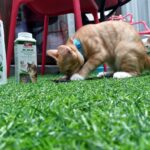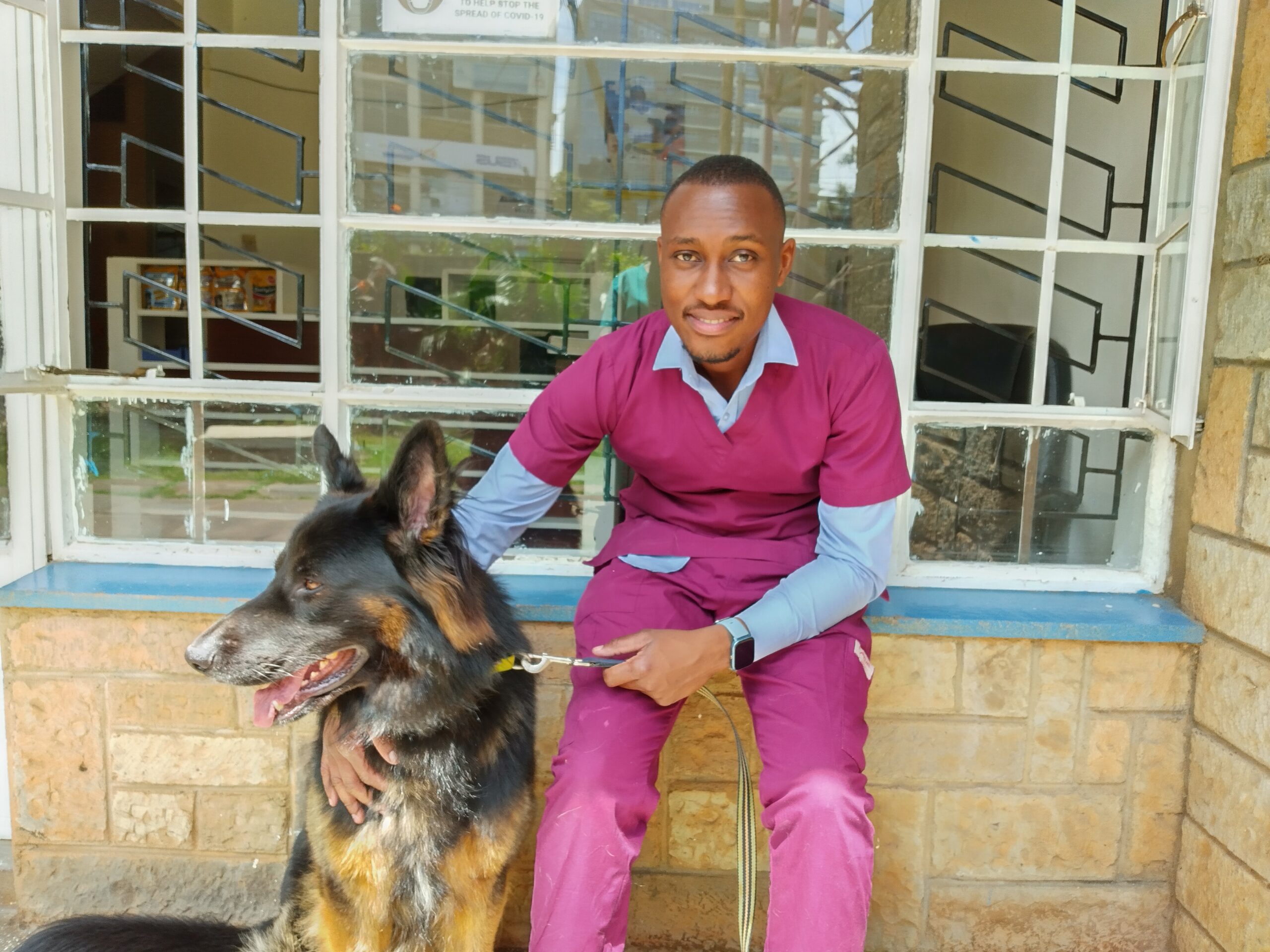Rabbit Ovariohysterectomy -The following guide prepared by Ducknet Veterinary Clinic will help you and your pet have a seamless pre and post-surgical process.
Rabbit Ovariohysterectomy -Preparation.
- Consultation with a Veterinarian: Schedule a consultation with a rabbit-savvy veterinarian to discuss the procedure and address any concerns you may have. Ensure the veterinarian is experienced in rabbit spaying.
- Fasting: Rabbits need to be fasted prior to surgery to prevent complications during anesthesia. Your veterinarian will provide specific fasting instructions, usually requiring the rabbit to have no food for at least 12 hours before the procedure.
- Water: Ensure your rabbit has access to fresh water until the morning of the surgery. After fasting, water should be removed to prevent vomiting while under anesthesia.
- Environment: Create a safe and quiet environment for your rabbit to reduce stress levels. Keep them in a comfortable and warm area.
- Medical History: Provide your veterinarian with your rabbit’s medical history, including any previous health issues, medications, or allergies.
- Pre-Surgical Examination: Your veterinarian will conduct a thorough physical examination to ensure your rabbit is healthy enough for surgery. Blood tests may be performed to evaluate organ function and assess the overall health status.
Post-Surgical ovariohysterectomy Care for Rabbits:
- Recovery Area: Create a quiet and comfortable area for your rabbit to recover. Use a clean, soft bedding material like towels or blankets.
- Monitoring: Keep a close eye on your rabbit’s behavior, eating, drinking, and litter box habits. Monitor the incision site for any signs of redness, swelling, discharge, or excessive bleeding.
- Pain Management: Follow your veterinarian’s instructions regarding pain management. They may prescribe pain medications or provide suggestions on over-the-counter options suitable for rabbits.
- Restricted Activity: Limit your rabbit’s physical activity for the first few days after surgery to prevent injury and allow proper healing. Avoid letting them jump or climb onto high surfaces.
- Diet: Offer your rabbit fresh hay, water, and a small amount of their regular diet, such as pellets or fresh vegetables, within a few hours after surgery. Monitor their appetite and ensure they are eating and drinking adequately.
- Incision Care: Follow your veterinarian’s instructions for incision care. They may recommend gently cleaning the incision with a mild antiseptic solution or applying a prescribed ointment.
- Follow-Up Appointment: Schedule a follow-up appointment with your veterinarian to monitor the healing process and remove any stitches if necessary. Follow any additional post-operative care instructions provided.
Always consult your veterinarian for specific pre- and post-surgical care instructions, as their recommendations may vary based on your rabbit’s individual needs and the surgical technique used.







